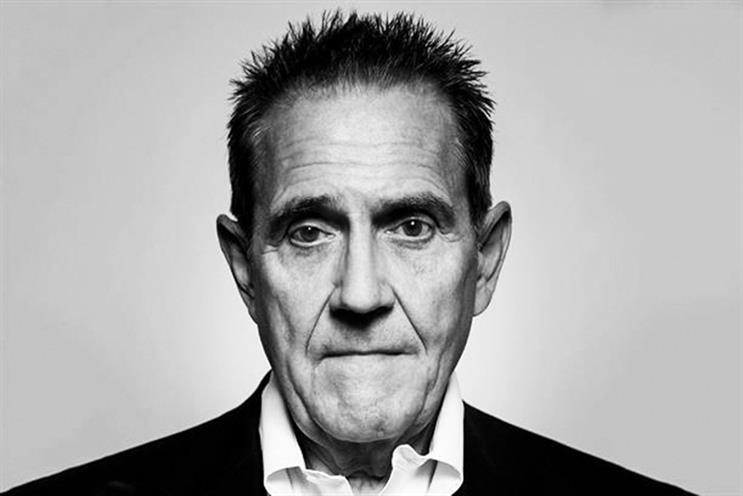Getting foreign governments involved in internal US politics is nothing new.
Take the 1968 election between Richard Nixon and Hubert Humphrey.
Nixon was the Republican challenger, Humphrey was the Democrat.
The Democrats were the incumbents, so Humphrey was backed by Lyndon Johnson, the President.
The Vietnam war was unpopular, and Johnson knew he could help Humphrey if he could show progress at the peace talks.
The North Vietnamese were willing to make concessions and it looked good.
But the South Vietnamese suddenly pulled out of the talks without telling LBJ why.
Twenty-five years later, Charles Wheeler of the BBC found out why.
In 1994, he interviewed defence secretary, Clark Gifford, and national security advisor, Walt Roscow.
It finally became public in 2008, when LBJ’s phone tapes were declassified.
Nixon’s senior campaign adviser, Anna Chenault, had secret conversations with the South Vietnamese ambassador.
She told him to relay Nixon’s message back to President Nguyen Van Thieu in Saigon.
His message was that they shouldn’t deal with President Johnson, because if Nixon were elected, he would make sure South Vietnam got a much better deal.
LBJ had it on tape and it was confirmed by the FBI and the NSA, who were listening in on the South Vietnamese ambassador’s phone calls.
Nixon denied it, of course, but the evidence was irrefutable.
Nixon was plotting against the government of the United States with a foreign power.
The only reason Nixon wasn’t charged with treason was it would have meant revealing the FBI and NSA were bugging the South Vietnamese ambassador’s phone.
In the event, Nixon did manage to sabotage the talks and win the election.
And he immediately escalated the war and increased the bombing.
The war carried on for another seven years, until 1975, when an extra 22,000 US soldiers were dead.
Lives that might have been saved if those peace talks had happened in 1968.
Because the amazing thing is, even if we think we’re on the same side, we’re not.
We don’t all want the same things.
For instance, I think the most important part of advertising is for it to stand out.
As Bill Bernbach said: "If no-one notices your advertising, everything else is academic."
But a lot of creatives don’t seem to agree with that.
They think the sole purpose of advertising is to win awards; if it doesn’t win an award, it can’t be any good.
Then again, we have planners who think the sole purpose of advertising is to deliver a consumer insight.
And marketers who think the sole purpose of advertising is to make people feel warm about the brand.
And media gurus, who think the sole purpose of advertising is targeting, the number of hits for the amount of money.
And journalists, who think the sole purpose of advertising is to stay updated on the latest theory, the newest technology.
So the work is fragmented, pulled and pushed in different directions, fighting against itself.
No-one is thinking about what’s right for the consumer, just what’s right for themselves.
Just concentrating on their part.
Maybe if we could all agree on what we should be doing, we might stand a better chance of getting it right.
Dave Trott is the author of Creative Blindness and How to Cure It, Creative Mischief, Predatory Thinking and One Plus One Equals Three


